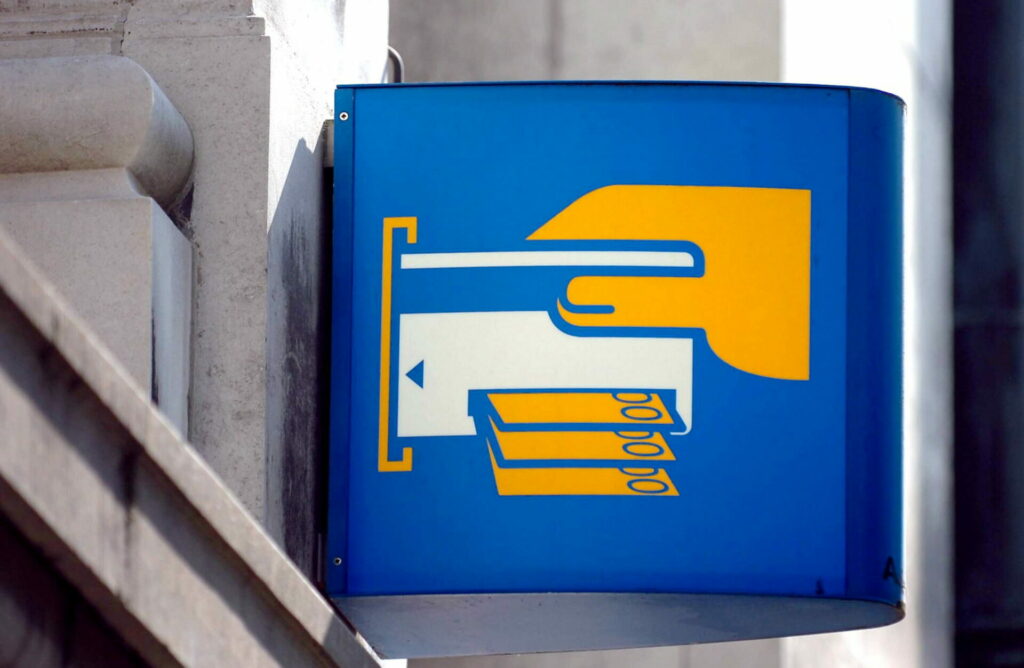My understanding of money laundering is the baddies have huge truck loads of untaxed dirty cash and they need to somehow legitimize it to get it into the bank. E.g. from Breaking Bad: drug money → car wash with phony sales → bank. Once it’s in the bank, it’s on the radar.
The linked article says that withdrawing cash is a money laundering red flag. Can someone please explain why that is? AFAIK, if the money is in the bank it must already be clean (or appear so), no?



Sounds plausible. Though I’m questioning your use of the word “just”, which implies money laundering is at all in play here. It’s a bit annoying how much non-AML activity is getting shoved under the AML label/cause for action. Makes me question whether I even understand what ML is. It’s as if AML can be used as a blank check for just about any kind of privacy intrusion that impacts non-criminals.
I believe the express purpose of these regulations at least in America is to surveil the public’s spending activity. I don’t believe it is a secret. They put those rules in place ostensibly to see who is committing crimes or financing terrorism, etc. keeping your money in a bank means submitting to that surveillance
The question if secrecy is quite interesting. Ask a banker in the US what threshold triggers reporting. You will be told that the cutoff is a secret (and I wouldn’t be surprised if the mere question in itself triggers a report). OTOH, I don’t get how it can be a secret. AFAIK, only NSA law is a secret. All other laws are theoretically publicly open.
(exceptionally, if you want to know plumbing laws in the US you must subscribe to some professional organization in order to see the laws, strangely enough).